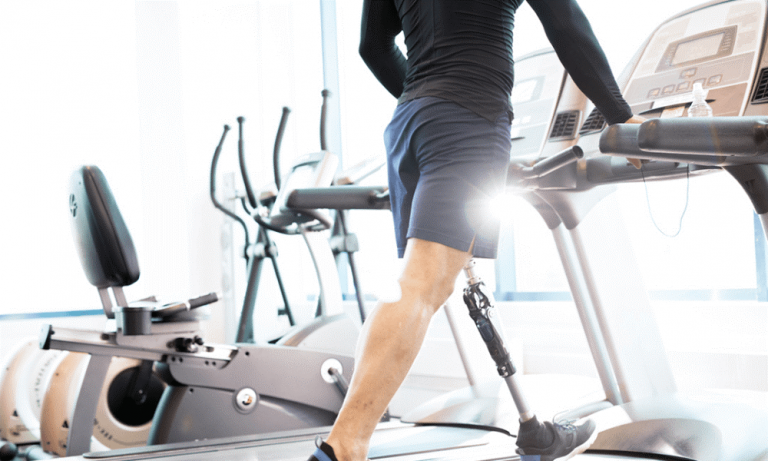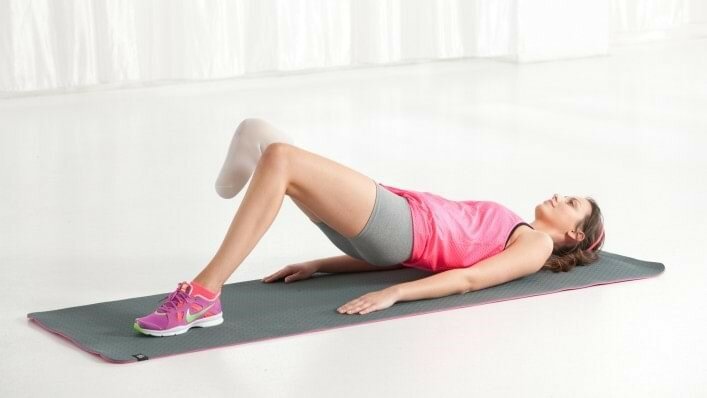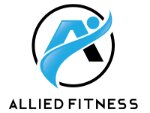Exercise with Amputations or Prosthetics
By Brooke Fletcher
If either yourself, a family member, a friend or a client is an amputee or has a prosthesis, chances are they have had to overcome a few challenges in their life. Exercise may have been put in this category too or may never have even been considered a possibility. No two amputees are the same. Depending on the reason for the amputation and the location, the individual will have different capabilities and will require different management. For this reason, consulting with an exercise physiologist when starting an exercise program is highly recommended. Not only can they tailor an individual program but they can also take into account any other health conditions that may have caused the amputation, and to help manage or prevent further complications.

Amputations can occur in different situations whether it was congenital, following an accident, result of a health condition and with or without the use of a prosthesis. Depending on the circumstances of the amputation, this will dictate the best exercise for the individual and the benefits they will have from an exercise program. Exercise in itself may seem like a challenge or daunting, particularly if the amputation hasn’t been lifelong. Exercise Physiologists are here to help you achieve goals and to help get you to be as independent as possible.
One of the main goals is to increase strength. Whether that is in transfers, reducing fatigue when standing, increasing the capacity of upper body strength or working with a prosthesis looking at motor patterns and using exercise to increase proprioception and balance.
The benefits of exercise with either an amputation or prosthesis include:
- Increase strength
- Range of motion: Exercise can work to increase range of motion or to strengthen and manage altered ranges
- Managing other health concerns such as weight, blood pressure and cholesterol
- Mental health: Amputations can have a negative impact on your mental health including depression. Exercise has proven benefits on helping to manage depression.
- Increased coordination and balance
- Increased sense of wellbeing and self esteem

At Allied Fitness Australia we currently do a lot of work with the NDIS and see a lot of clients with amputations and prosthetics. We work closely with support coordinators, family members and the clients to help reach their goals including increasing ability with activities of daily living as well as addressing other co-morbidities. For those who are unable to reach our facilities we also offer home visits.
If you do have funding with the NDIS you can access Exercise Physiology services under both the improved health and wellbeing and improved daily living categories and our dieticians can be accessed under improved health and wellbeing. If you are self-managed, Agency managed or Plan managed we work with the nominated providers in arranging service agreements through to the delivery of services.
If you would like more information on how we can help you or if you are unsure on your funding or eligibility please get in touch and organise a complimentary consultation with one of our Exercise Physiologists or dieticians today.
Brooke Fletcher
Accredited Exercise Physiologist
